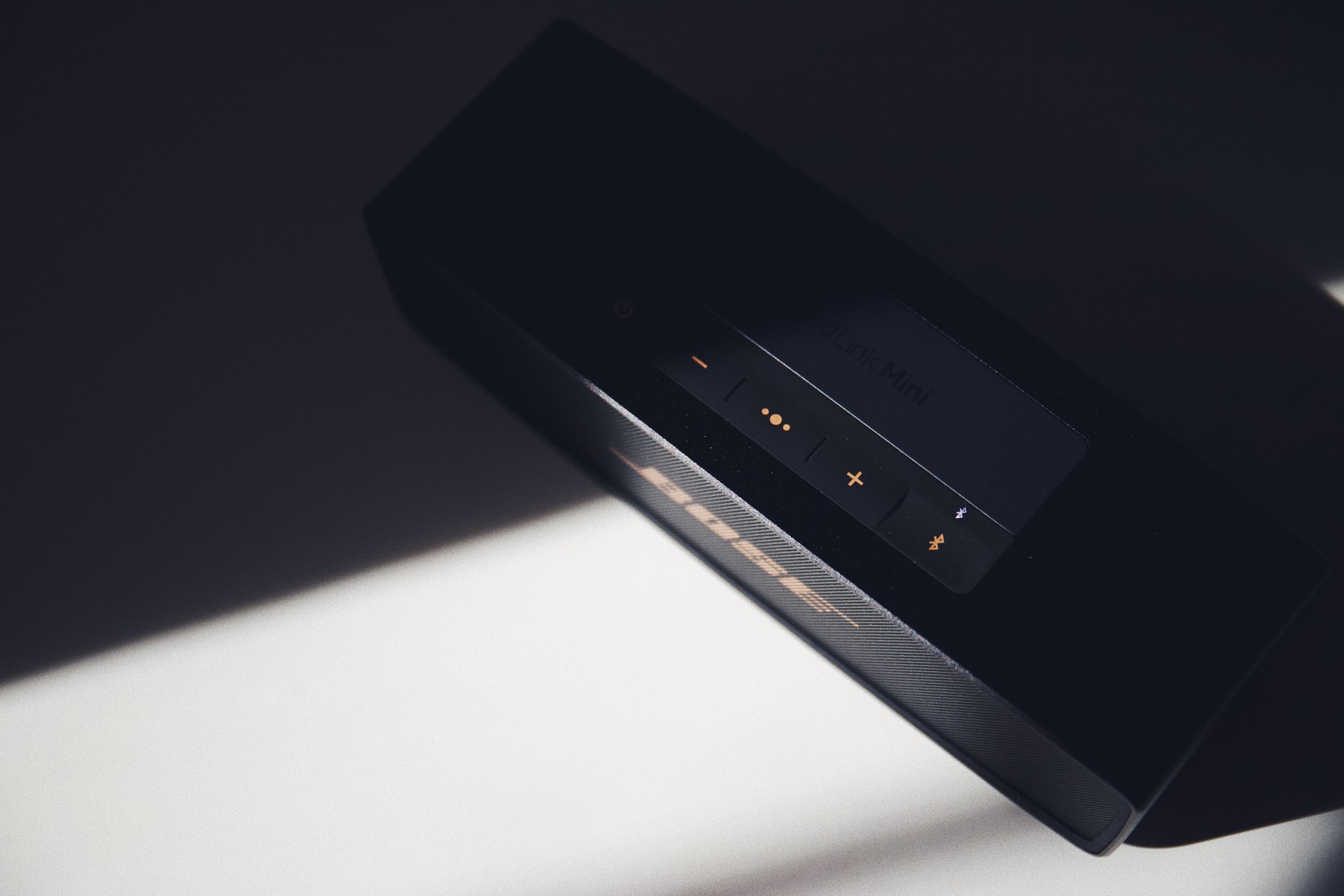
Internet protocol (IP) is the primary rule set for addressing and routing data packets across online networks. A network protocol is simply a standardized way of organizing data and performing actions so separate devices can communicate effectively. Each device connected to the internet has an IP address, which is a unique identifier made up of a series of characters that the domain name system (DNS) uses to communicate information from the IP address of the sender to the IP address of the recipient. The DNS also translates complex IPs into human-recognizable domain names.
Once IP addresses are identified, the transfer protocol determines how data will be exchanged. The transmission control protocol (TCP) is a connection-oriented approach where IPs maintain a direct connection until all intended data has been exchanged between them. User datagram protocol (UDP) is an approach that speeds up communication by transferring data before a formal connection is established. This can be useful for time-sensitive information, but it also makes data packets vulnerable to dangers like DDoS attacks.
What is IPv4?
IPv4 is the fourth version of internet protocol, and it’s what routes most of today’s web traffic. IPv4 addresses are 32-bit integers displayed in dotted quad notation. In other words, an IPv4 address is displayed as X.X.X.X, where each X can be a number between 0 and 255. As an example, 165.10.205.9 would be a valid IP address.
Within the limitations of IPv4, there are approximately 4.3 billion unique addresses in the world. This may seem like a great deal, but when you consider that many people now have multiple devices connected to the internet at once (especially with smart thermostats, security systems, and other IoT devices), we’re running out of room. In fact, ARIN (the American Registry for IPv4 addresses) has been turning down requests for new IP blocks and now has a waiting list.
Is there a way to guarantee IPv4 blocks?
Considering any successful organization has to rely on the internet these days, you may be concerned as to whether there’s a way to ensure your organization has enough IPv4 address space. The best way to make sure you have enough for future growth is by buying IP addresses. A trustworthy IPv4 broker can sell you blocks on the entire regional internet registry (RIR), including ARIN, APNIC, IANA, and RIPE, and LACNIC. There are several worthwhile advantages to claiming IPv4 address blocks while they’re still available.
“Clean” blocks: Buying from a reputable broker ensures that your IP blocks have all their previous records removed, meaning that they’re uniquely yours. It also guarantees the integrity of your blocks, as any blocks on an IPv4 blacklist won’t be sold. The most common reason blocks may become blacklisted is because of spam.
Security: Without your own address blocks, you’ll have to rely on an ISP to ensure your network security. Certain ISPs may not be as good as others when it comes to protecting your data, but having your own blocks puts the power in your hands since you’ll be able to directly control what data can be sent out.
Future investments: Thanks to the limited number available, the value of IPv4 addresses is only going to increase. Whether you just need smaller blocks for now or larger blocks to invest in your future, if there ever comes a time when you no longer need them, you can sell your blocks for a profit.
Will we upgrade from IPv4?
The next step in the evolution of IP is internet protocol version 6. Technically, the transition to IPv6 has already begun, but the entire process is slow. One reason for this is limitations in network address translation (NAT). Once we get to the point where we can widely use IPv6 addresses, they will be far less limited than v4. IPv6 is upgraded to a 128-bit address space which allows for more combinations of addresses on a single network than the entirety of IPv4.
